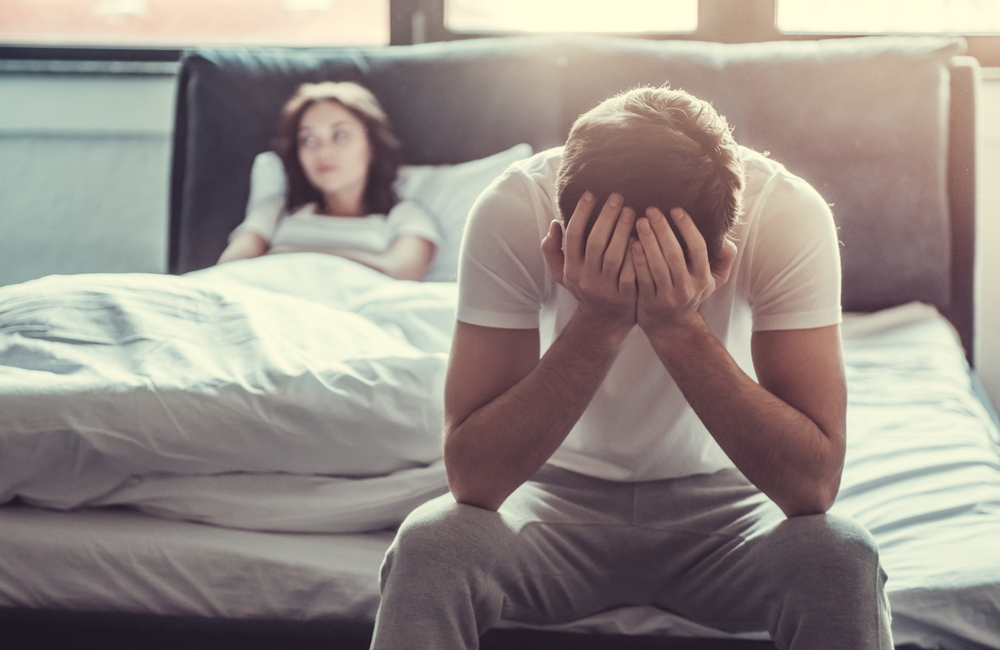The term sexual dysfunction is used to describe any condition or problem that can prevent someone from enjoying or even wanting to have sex.
This can happen in both men and women at any age, though the chances of getting a sexual dysfunction often increase with age.
While there are many reasons why this happens, there are some common dysfunctions that can be easily treated, enabling you to revert to an everyday sex life.
Here are the most common ones.
Low Libido
While it’s normal to have a low sex drive from time to time, having no interest in sex over an extended duration of time is cause for concern.
Low libido in both men and women can be caused by psychological problems, certain medications, relationship issues, health conditions and hormonal imbalances.
Because the causes are many and varied, it’s crucial to speak to a professional who can help get to the root of the problem and advice on a treatment plan.
Body Image Issues
Women are most likely to want and enjoy sex when they feel good about themselves. This is, however, not always the case.
Weight gain, pregnancy and childbirth can have a significant effect on one’s body.
Some of these changes can be seen in the labia, specifically the labia minora. If they are deflated and affect your self-esteem or too elongated that they cause chaffing and pain during sex, then it needs to be addressed. A labiaplasty is one way you can fix it.
What is a labiaplasty? This is a procedure that can be used to reshape and then resize the labia. This can reduce the chafing and discomfort, helping you enjoy those sensual moments.
Vaginal Dryness
Vaginal dryness can cause pain during penetrative sex. While this can occur at any age, it’s most common in women of an advanced age.
Aside from pain, women with vaginal dryness can also experience light bleeding after sex, itching, soreness, and unexplained discharge.
All these can make one scared of having sex, leading to avoidance.
Vaginal dryness can be caused by low estrogen, and a gynecologist can advise on the best cause of treatment if this is the case. Aside from medication, you can also use vaginal moisturizers and lubricants to minimize or eliminate the discomfort.
Stress and Depression
Stress and depression can change the body’s biochemistry resulting in a low sex drive.
Biochemistry aside, it’s hard to think about sex when you are feeling stressed or depressed. Unfortunately, some medications that are used to treat depression can also lead to low libido.
It’s always essential to discuss either scenario with a physician as they can provide you with different options to remedy the situation.
Speak Up
Unfortunately, most people suffer sexual dysfunction in silence fearing embarrassment and the stigma around the topic.
This is the wrong way to go about it. As you can see, most of these problems can be treated. If you or your partner is going through this, speak to a healthcare professional.
